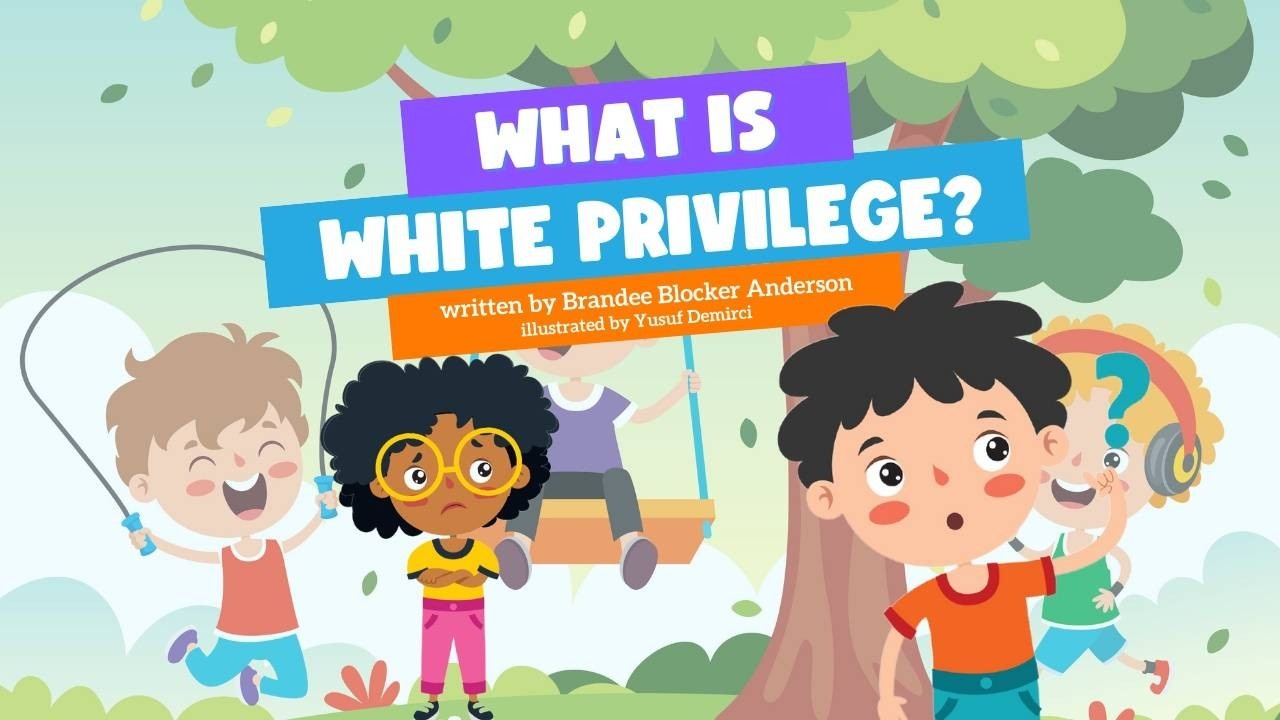Teach Me Antiracism: Diversity - A Beacon of Hope in the "Anti-Woke" Age
We're thrilled to announce the upcoming release of our new children's book, Teach Me Antiracism: Diversity, poised to hit Amazon on February 1, 2024. Set in a climate where multicultural education is increasingly challenged, this book uses captivating poetry to unravel complex topics, serving as a beacon of hope in these uncharted waters.
The Importance of Early Education in Antiracism
Drawing on the power of early education, Teach Me Antiracism: Diversity is more than just a book; it's a tool for change. By fostering empathy, compassion, and understanding towards diverse races, ethnicities, skin complexions, and cultures, our aim is to imbue children with the language of antiracism.
The early years of a child's life are crucial for shaping their worldview, and through this book, we hope to sow the seeds of understanding and acceptance. As they navigate through the colorful pages and compelling poems, children will not only be learning about the beauty of diversity but also developi...
Why You Should Talk to Your Kids About White Privilege

According to the American Academy of Pediatrics, children begin to internalize racial bias as early as two years old and become set in their beliefs by age twelve. This bias shows up for White children as internalized White superiority that is reified by consuming all White books, media, and educational content. As a result, White children are raised to believe that they are race-less and that people of color are “others.” It also leaves them blind to the ways that society is set up to benefit them over Black, Indigenous and other People of Color.
This is why it is vital that we talk to our kids about White privilege or the unearned advantages that White people receive because of their race.
Peggy McIntosh popularized the term “White privilege” in her 1988 essay entitled, White Privilege: Unpacking the Invisible Knapsack. In the essay, McIntosh uses the metaphor of an invisible knapsack to describe the unseen advantages that White people receive because they are White.
This invisi...
Top 5 Reasons to Talk to Your Kids about Race
Although we may think that kids don't notice race, they actually start showing signs of racial bias as early as two years old. Young children are constantly viewing, understanding, and processing the information they are bombarded with to retain for future use.
Your kid notices race and quickly absorbs information and experiences around them. Therefore, we cannot slack on educating our children about race as early as possible.
To shape the future leaders and problem-solvers of tomorrow, we need to build a strong foundation of knowledge. To help you on your journey to antiracist parenting, here are the top five reasons you should start speaking to your children about race today.
#5: Kids notice race very early on

There is a common myth that children are too young to notice race; people often think that we develop conceptions about race as we become more critical thinkers.
According to the American Academy of Pediatrics, children learn about race pretty quickly and develop bias...


